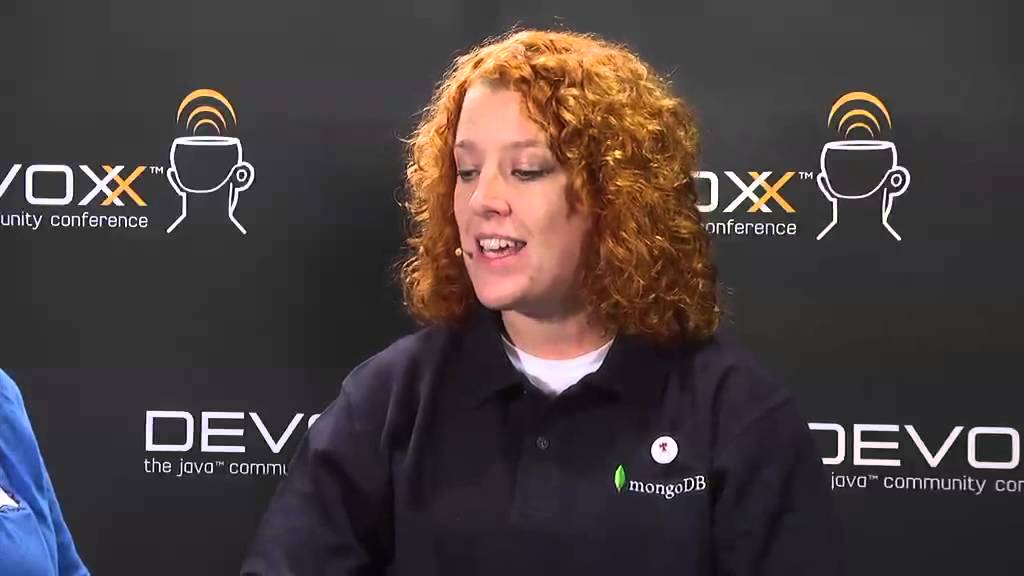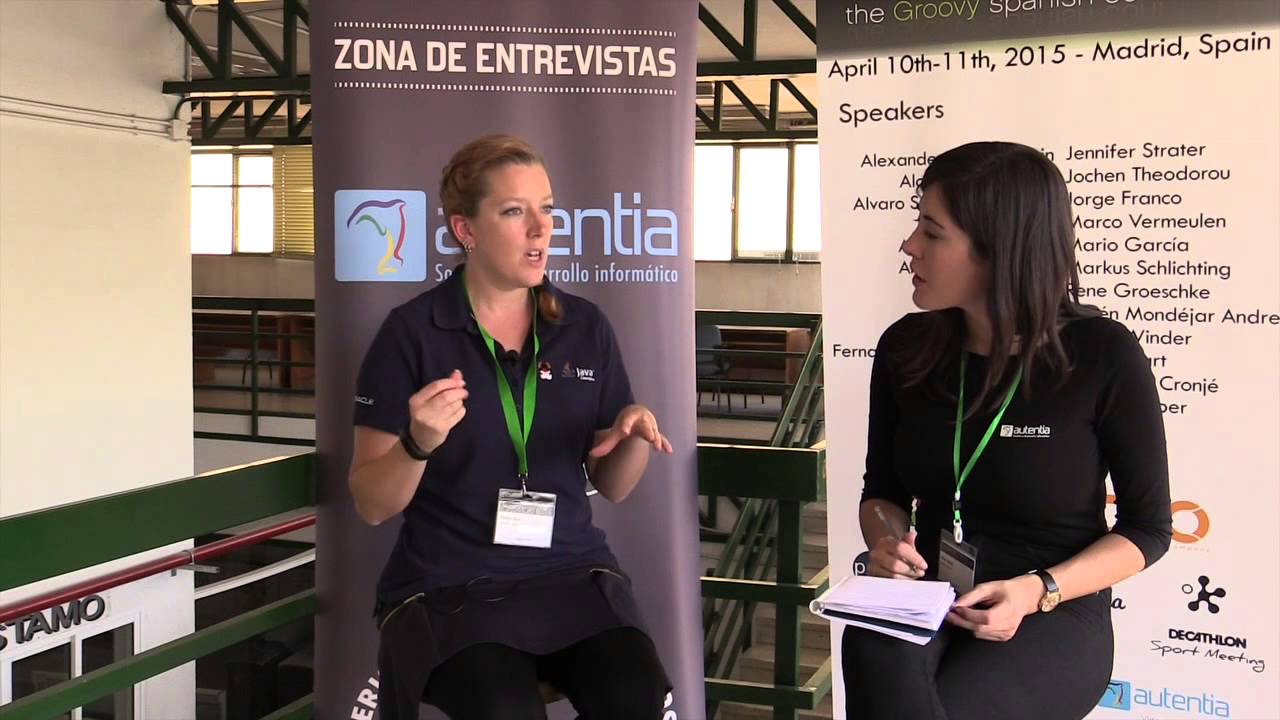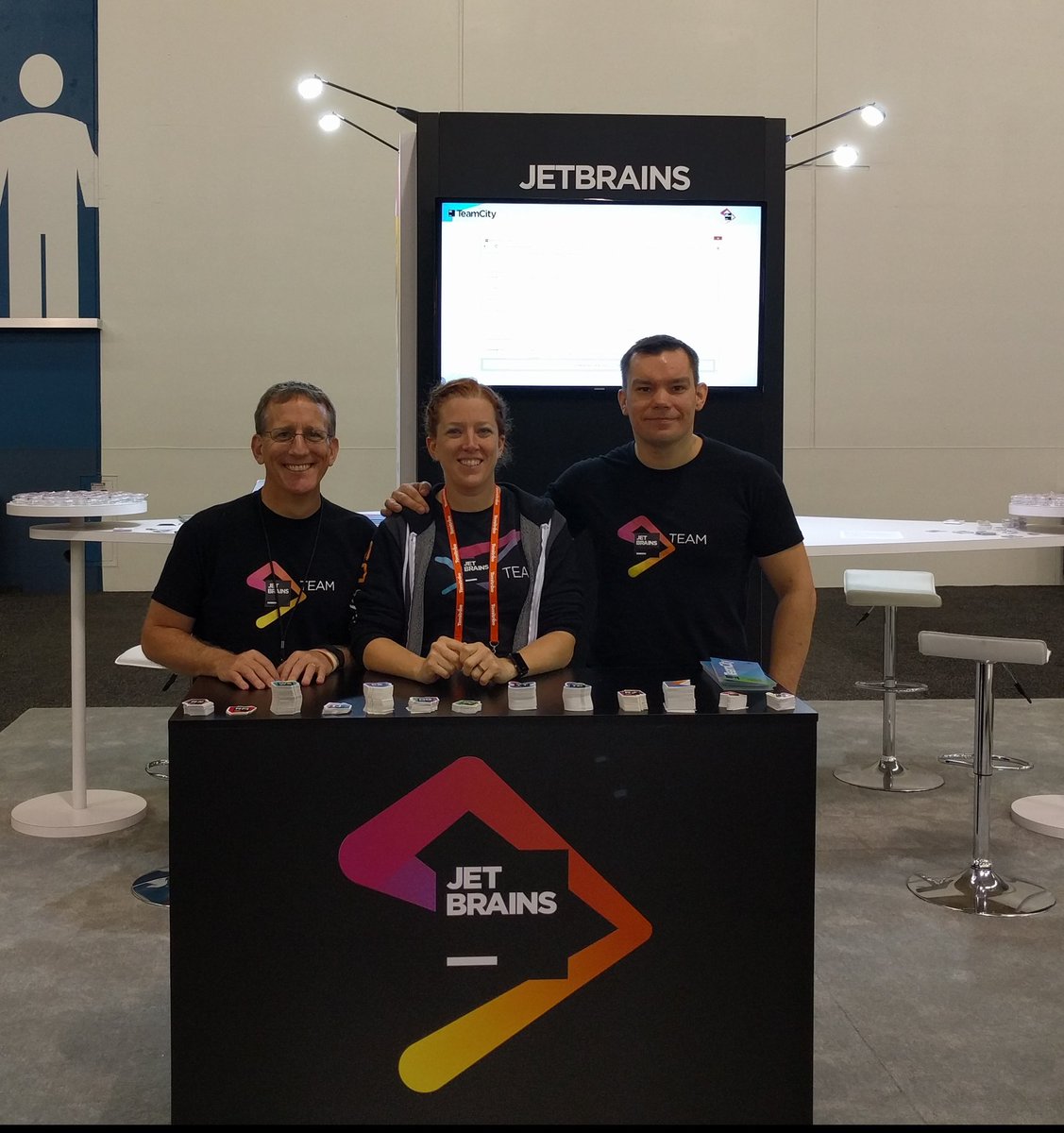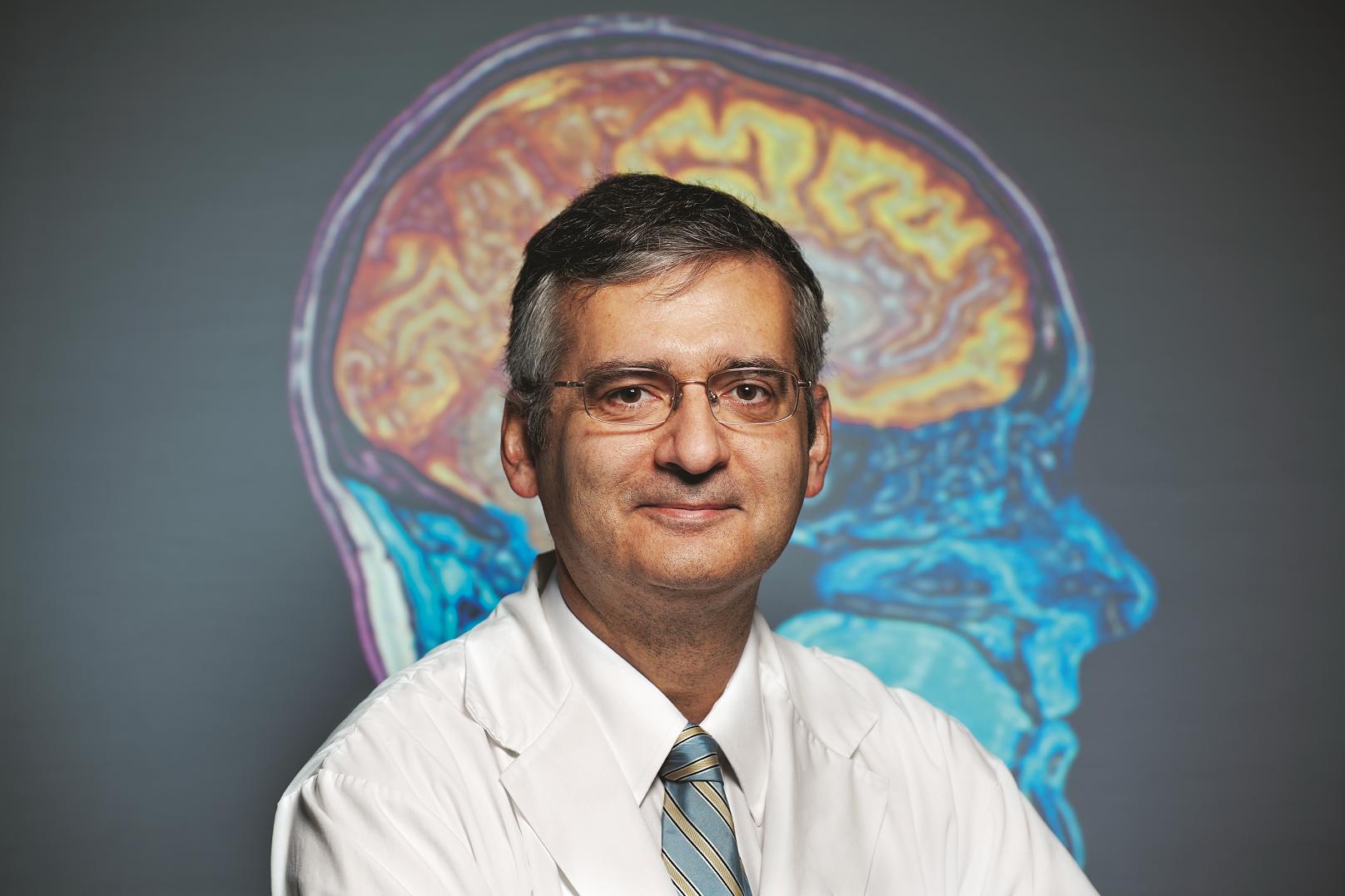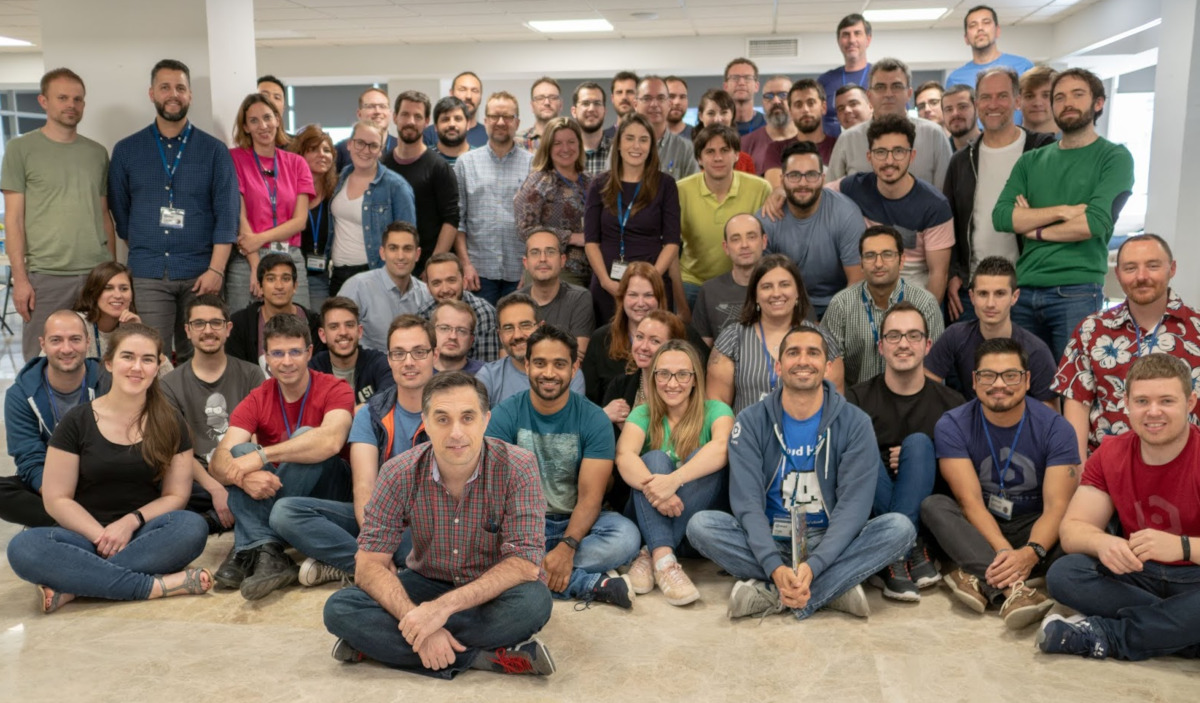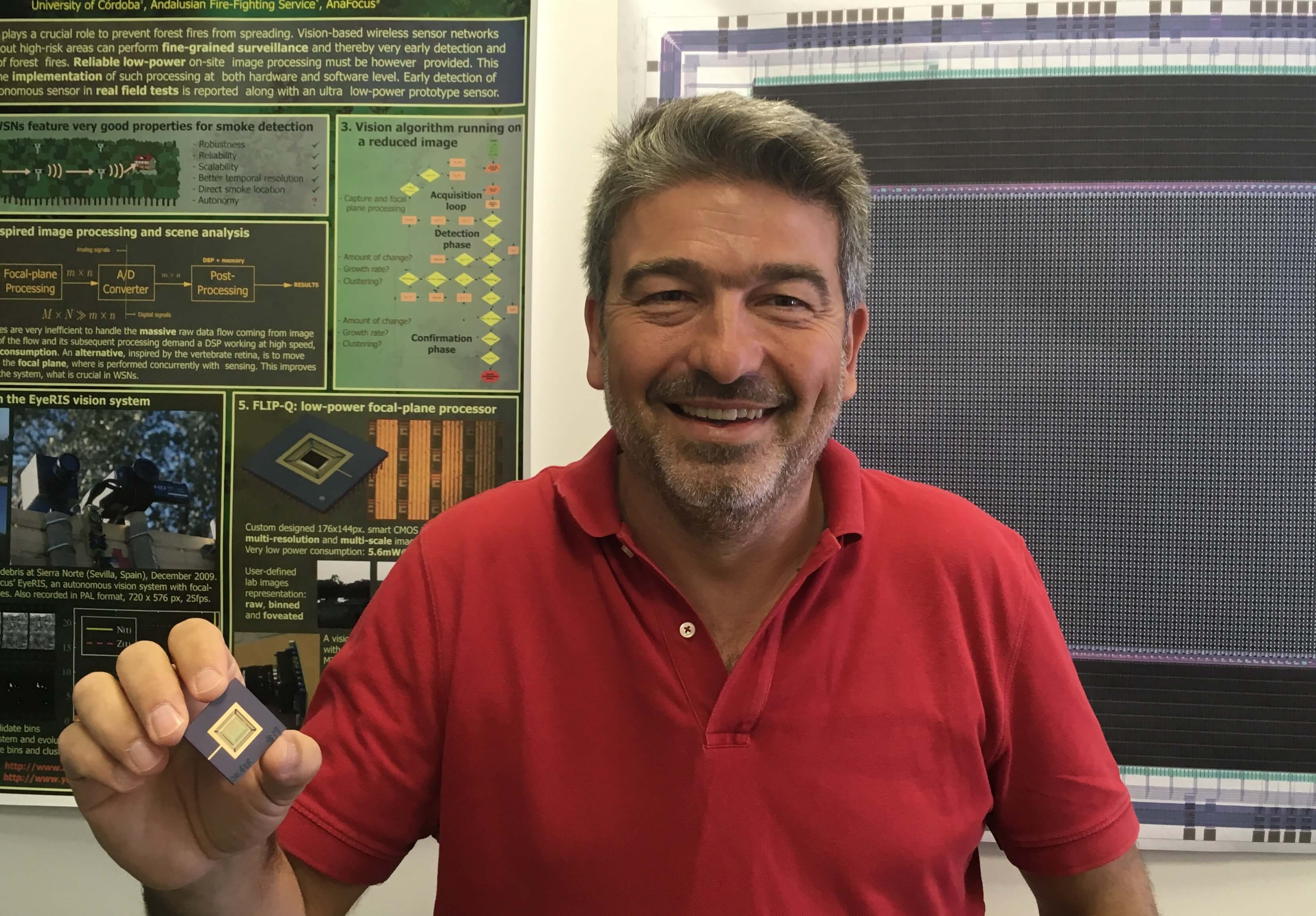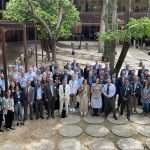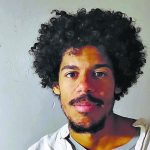ARIANA SHER
Trisha Gee has been involved in computers since she was a child when her parents sent her to coding camp. When she had to pick what focuses she wanted to study between 16 and 18 years before university old she chose math, physics, and computer science. “I chose math and physics because I knew that those would keep my opportunities open when I looked for jobs in the future. And I chose computer science because I liked programing and I wanted to do something I have not studied at school yet. I liked programing and computers. It seemed like a good way to open up opportunities and there were a lot of jobs of computers. Of the three subjects I liked computer science better than the rest, and I was good at it, so I chose it for university. During university I got industry experience during the technology boom”.
Unfortunately she graduated during the .com crash in 2001. Despite this she was still able to find work in London. There were a few times she said that in the beginning of her career that she started to second guess her choice because of the lack of mental stimulation in her entry level jobs. She stuck with it because even if her position wasn’t amazing, she still felt pride in her work. “When I was working as a bartender, people always thought I was a student and I said, ‘no, I am an IT professional.’ I realized I was really proud to be a programer. I didn’t want to leave until I got really good at programing”. No matter what industry someone pursues they will have to suffer through a few lackluster positions in order to gain the skill level you hope to achieve.
Trisha Gee is now a technical advocate with 20 years experience and loving her work. And mother other of one (soon to be two). She holds multiple titles and uses a broad variety of skills. “Once you get close to 40 with 20 years of experience the jobs you take have more responsibilities. Your experience levels means you will be using some non technical skills like strategic thinking and interpersonal relations. I still get to be technical, but I also utilize skills I wanted to use in when considering moving to the business side of development”.
With all the work Gee does, she explains that she does not operate each position on full speed 24/7, the key to having a sustainable career is finding the balance. Her main job is with JetBrains as the developer advocate. While the rest of the positions are active, not all of them are full time. “What I do to make my life easier is to have things overlap as much as possible so I don’t have to context switch. The key to looking like you are doing a lot is to do a lot in the same area so you don’t have to content switch as much”.
After moving to Sevilla, Trisha and her husband wanted to illuminate the talented developers in in the city and the exciting companies looking to to hire. “We wanted to build up and enhance the technical community in Sevilla”. They created a company called Digital Aguacates that is all about awareness, and conveniently doubles as tool to build up her work with JetBrains. Digital Aguacates primarily hosts user groups and offers consulting services as well. “We believe that user groups are a really good thing to meet people like you and level up your skills. We started the Sevilla Java User Group and MongoDB User Group. Israel Boza (her husband) got involved in the Google developer group”.
«Sevilla has really great talented professionals»
Her experience from organizing events for the London Java Community acts as a goal marker for where she wants Digital Aguacates to be like. “With London the Java community is 6.000 people and you have spinoff groups as well. It was like a big family of communities. We wanted to get that feel of a community of communities”. The events hosted by Digital Aguacates are within a single day which is different than some of the larger conferences, but the short structure almost forces attendees to listen to talks they would not normally attend and open up their minds to new people and ideas. There is a user group every three or four months, right now it local because, “We want to invest in the local community. Sevilla has CTOs, good developers, and really great talented professionals. We want to have an international conference, but we know we have great quality here too and want to showcase that first”.
Twenty presentations per year
The amount of projects Gee works on day-to-day varies, but her primary job is for JetBrains. “Each year I have a new theme that I research and work on, now it is Java 9. I have to stay up to date, work on research and development, and teach people about it… I also just finished [developing] a new version of IntelliJ IDEA 2017.20”. She travels to about 20 presentations per year. For each presentation it takes about two or three weeks prepping and she says every talk should be given at least 10 times. Foreach talk she needs to read the audience, gather what they were responsive to, determine what would make a good workshop or blog post in order to have a deeper explanation, and see what needs to be cut so she can spend more time elaborating on something the audience found more useful.
“For Java 9, everytime I give talk I need to make sure my presentation is up to date because the program is still evolving. It is good fun actually. It is a blend of stability and change. I invest 2 or 3 weeks and when I first gave the talk I am evolving it and talking to people … I am often surprised at what people like because I might not like it and they say, ‘no, I got a lot out of that.’ You don’t normally get the opportunity to tweak things with time like I do… there is value for me going back and make things better. Though it is easy to get stuck thinking this could be better, but [at a certain point] you have to move on and accept it is good enough”.
Trisha Gee speaking about Java 9 at her most recent talk at GOTO Amsterdam June 14th, 2017
When speaking about her first presenting experience she chuckled to herself and elaborated, “My very early talks were probably the most memorable because I was scared shitless the whole time. For my first one I had never spoken at a conference before in my life and I had barely even been at one. My boss wanted to me to give a presentation with him because I had been developing the program. I thought I was not ready to it, but he said I was. I was the most terrifying thing I had been asked to do, so I knew I had to do it. It was on the last day of the conference which means I spent the whole conference getting really nervous. It was really really terrifying and I recommend it for everybody. I was most terrified of the questions. When the audience started asking them I realized that I knew this stuff and that was the most gratifying part of the experience. It validated that I really knew what I was talking about and it deserved to talk about it. It was the start of this part of my career”.
Now she is clearly more comfortable with her presenting skills. The first thing she has learned is to find something that makes you feel comfortable, not just the subject matter. (Though it does help that she gets to decide what she presents about). “I try to be conversational during my talks. Presenting feels like it is a very difficult thing. People ask me how do I get into presenting. I had a couple speaking coaches. The first thing is to find what makes you feel comfortable. When I did my first talk it was such a technical topic and I wasn’t the main the developer, I was a good mid level developer. I realized my persona was not going to be a thought leader, but to be the developer like you. I wanted to say ‘this is what I struggled with this is what helped me’. That was my thing, it still makes me more comfortable and it helps me talk to other developers. It also makes it easier if people ask me questions I don’t know the answer to, but I do a lot of research and usually know the answers to all the questions”. The impressive thing about Trisha Gee’s talks is that she is able to cover a plethora of information while maintaining a comfortable conversational tone.
«Growing is about small steps not big ones»
Overall when she reflects on her career looking to explain how she became successful she says, “For me there have been a couple of big steps. I had some good mentors that pushed me and the first speech. However, the overall thing I have learned is being slow and steady and evolving. People worry about getting better, but they don’t know where they want to be or how to get there. Especially as a technical person you don’t know how to level up your career because it seems like an enormous job. It is all about small steps. I try to keep as many avenues as open as possible. Sometimes early on you will have crap jobs and that is ok. It is ok to leave a company that you don’t like, and it is ok to have the same title at different places because they can be totally different jobs. I would get the same title in the same city at a different job but they would be focused on something completely different. For me it was all about learning and growing. I stayed at place until I learned everything. Growing is about small steps not big ones. A lot of that is about understanding yourself and what you want. I am not sure I would do something differently. I have left and returned to a company twice, and I never burned any bridges”.

